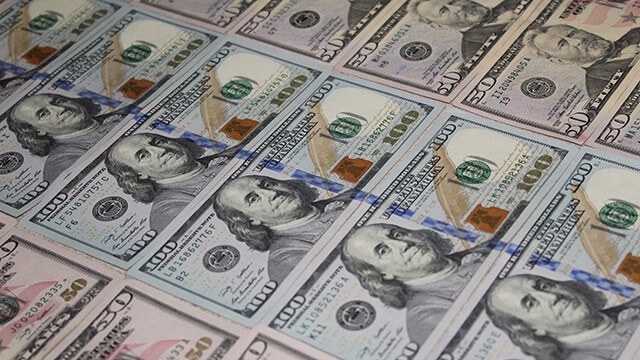The Japanese Yen continued to weaken against the US Dollar on Thursday, following the recent release of trade deficit figures. The currency was adversely affected after Japan reported a significant trade deficit of ¥621.84 billion for July, in stark contrast to the surplus of ¥224.0 billion recorded in June. This decline was attributed to a substantial increase in imports, which surged 16.6% year-on-year, hitting a 19-month high, while exports fell short of expectations despite rising 10.3% during the same period.
Market sentiment is influenced by the anticipation surrounding the Bank of Japan’s (BoJ) potential interest rate hike. A recent survey indicated that 31 out of 54 economists forecast an increase in borrowing costs before the year’s end, likely to 0.50%. BoJ Governor Kazuo Ueda is set to address parliament soon, where he will outline the bank’s rationale for last month’s rate increase, which is seen as part of a broader strategy to normalize monetary policy.
Meanwhile, the US Dollar found some support from a slight recovery in Treasury yields, although the outlook remains mixed due to expectations of multiple rate cuts by the Federal Reserve in 2024. Recently released minutes from the Federal Open Market Committee revealed that a consensus is forming around the possibility of a rate cut in September, contingent upon ongoing declines in inflation. Market analysts are currently weighing the possibility of a 25 or 50 basis point cut.
As traders approach critical speeches from both BoJ and Fed officials, caution prevails in the markets. The USD/JPY exchange rate is currently around 145.20, with technical indicators suggesting a bearish trend. Any significant shifts could see the currency pair navigating towards key support levels around 144.00, with potential further declines if this level fails to hold. Conversely, resistance lies near 146.45, which could signal a shift in momentum should it be breached.
